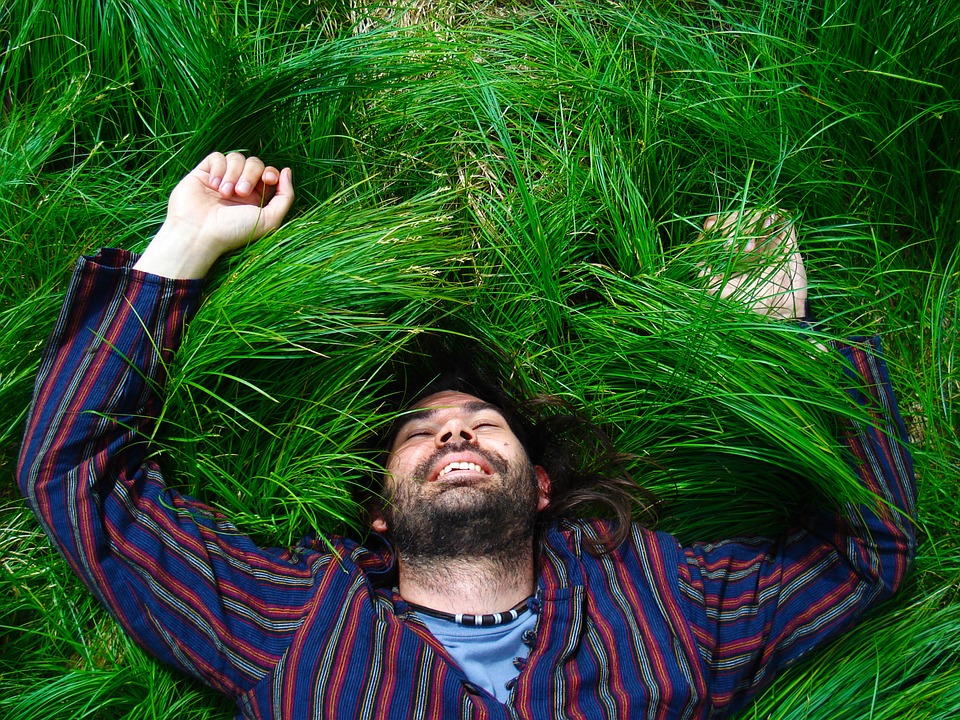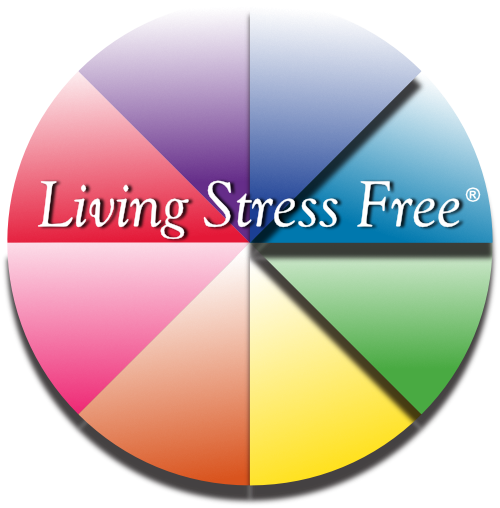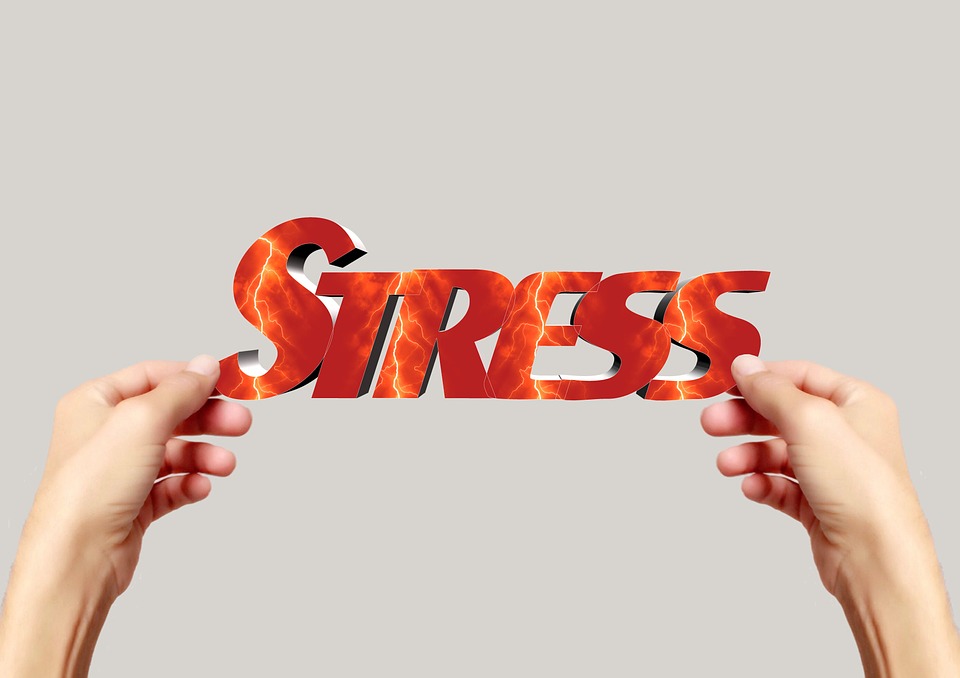Remember the ad campaign, “Got milk?” It may be time to create a new slogan: “Got stress?” Stress is definitely a part of life but have you ever wondered if stress is dangerous to your health? Experts have studied stress for decades and have found that stress definitely influences your health, wellbeing, relationships, level of success, spirituality, and personal growth.
I consider myself a stress expert; not because I walk around feeling calm all the time but because I have experienced intense and chronic stress since early childhood. I experienced childhood trauma in the late 1950s and early 1960s, and consequently developed Post-traumatic stress disorder (PTSD). For people in my position, we were forced to find a solution on our own.
At that time — forty-two years before writing this blog — no scientific information was available about trauma. The American Psychiatric Association did not recognize PTSD as a disorder until 1980 and it would take decades for imaging technology to advance to the point where trauma could begin to be mapped in the brain. Thankfully, today we have scientific research; while it remains in its earlier stages, we are learning that stress can be dangerous. Ironically, the same modern imaging technology that is revealing the dangers of stress is also discovering techniques that help people repair the damage that stress causes and protect the brain from future damage.
Regarding the impact stress has on our overall health, the Harvard Medical School has this to say: “Over time, repeated activation of the stress response takes a toll on the body. Research suggests that chronic stress contributes to high blood pressure, promotes the formation of artery-clogging deposits, and causes brain changes that may contribute to anxiety, depression, and addiction. More preliminary research suggests that chronic stress may also contribute to obesity, both through direct mechanisms (causing people to eat more) or indirectly (decreasing sleep and exercise).”
Since my challenge with stress began before scientific research was available, over the course of my life I had to turn to three sources of available information: my lifelong interest in meditation, my thirty-year career in mental health, and my own PTSD symptoms which taught me what helped and what didn’t help. What I discovered from my three sources significantly helped me learn how to process stress and how to prevent future stress from affecting my mind and body.
What I didn’t know at the time was that what I learned would help others —not only those who suffer from trauma and PTSD but people who simply suffer from everyday stress, which nowadays can be pretty intense. Stress, as a biological phenomenon, is defined as an interruption in the process of homeostasis. Mental stressors cause the exact same interruption as physical stressors such as a car accident or being chased by a tyrannosaurus rex. In our business, Living Stress Free, my wife Marilyn Guadagnino and I help people learn how to return to a state of homeostasis or a state of inner balance.
Here is a simple explanation of how our LSF Meditation technique and our life coaching and counseling services, help you process old stress and emotional patterns so you can return to an inner state of homeostasis. Increasing familiarity with this inner state of homeostasis and learning how to sustain your inner balance can help you experience less stress and more happiness on a daily basis.

How LSF Helps You Process Stress and Negative Emotions
- Everyone experiences stressful events and emotional states that do not get processed. If a particular event is traumatic or chronically stressful, our brains get overwhelmed and locked in hyper-alert mode. We cannot turn this off and our brain becomes as an engine stuck in a high gear that cannot return to idling.
- Stressful events are difficult to process because they are painful in one of three ways: In a first way, the event elicits a strong desire to have something we cannot have or to keep something we cannot keep. This tendency is what we call grasping. The second way produces an intense aversion to something or produces a need to push something out of our awareness. We call this tendency resisting. In a third way, we experience something that is too painful and we emotionally shut down. This tendency is called ignoring. Our brain stops processing the experience and the painful emotion gets stored in our brain and body in the form of energy. This energy, along with it’s accompanying emotion, resurfaces when stimulated by something in our environment that reminds us of the original event. The common term for this is known as being triggered. This cycle continues uninterrupted until the painful emotional energy is processed by experiencing the feelings — both emotional and physical — understanding what made the event painful, and putting it into context with the rest of our life.
- Although helpful, talking about stressful events and emotions by itself does not process the emotional energies stored in our brain and body. In order to process stressful events, we must be able to experience all the feelings we have about the event without reacting. This is one of the major limitations of talking therapy.
- The foundation of human consciousness is simple thoughtless awareness: alert, awake, and aware, without the mental chatter that we are all so familiar with. We were all born experiencing nothing but this thoughtless awareness until our brain developed and created a sense of being a separate self in an objective world.
- Through the practice of LSF Meditation, we return to the experience of our own simple thoughtless awareness, we are able to process our stress and emotions, naturally, because thoughtless awareness observes everything in our mind without reacting or judging.
- When our accumulated stress is allowed to surface during the natural process of LSF Meditation, our stored memories, thoughts, emotions, and energies are processed. The benefits of processing our accumulated stress are systemic, pervasive, and helpful in every area of our life. Stress disrupts our homeostasis or inner balance, which in turn unbalances every area of our life. Consequently, when we return to a state of inner balance every aspect of our lifestyle is improved.
- Everyone experiences stressful events and emotional states that do not get processed. If a particular event is traumatic or chronically stressful, our brains get overwhelmed and locked in hyper-alert mode. We cannot turn this off and our brain becomes as an engine stuck in a high gear that cannot return to idling.
- Stressful events are difficult to process because they are painful in one of three ways: In a first way, the event elicits a strong desire to have something we cannot have or to keep something we cannot keep. This tendency is what we call grasping. The second way produces an intense aversion to something or produces a need to push something out of our awareness. We call this tendency resisting. In a third way, we experience something that is too painful and we emotionally shut down. This tendency is called ignoring. Our brain stops processing the experience and the painful emotion gets stored in our brain and body in the form of energy. This energy, along with it’s accompanying emotion, resurfaces when stimulated by something in our environment that reminds us of the original event. The common term for this is known as being triggered. This cycle continues uninterrupted until the painful emotional energy is processed by experiencing the feelings — both emotional and physical — understanding what made the event painful, and putting it into context with the rest of our life.
- Although helpful, talking about stressful events and emotions by itself does not process the emotional energies stored in our brain and body. In order to process stressful events, we must be able to experience all the feelings we have about the event without reacting. This is one of the major limitations of talking therapy.
- The foundation of human consciousness is simple thoughtless awareness: alert, awake, and aware, without the mental chatter that we are all so familiar with. We were all born experiencing nothing but this thoughtless awareness until our brain developed and created a sense of being a separate self in an objective world.
- Through the practice of LSF Meditation, we return to the experience of our own simple thoughtless awareness, we are able to process our stress and emotions, naturally, because thoughtless awareness observes everything in our mind without reacting or judging.
- When our accumulated stress is allowed to surface during the natural process of LSF Meditation, our stored memories, thoughts, emotions, and energies are processed. The benefits of processing our accumulated stress are systemic, pervasive, and helpful in every area of our life. Stress disrupts our homeostasis or inner balance, which in turn unbalances every area of our life. Consequently, when we return to a state of inner balance every aspect of our lifestyle is improved.

Wouldn’t it be wonderful to have less stress each day? What if you could experience fulfilling relationships, productive yet relaxing days at work, and effective concentration and ease when learning? Have you wished for better health, increased happiness, and inner peace each day? The main barrier to achieving all these benefits is stress, whether it’s the unprocessed stress from the past or the stressful circumstances that bombard us each day.
Living Stress Free offers LSF Meditation, along with life coaching and counseling services, to give you the techniques, education, and support you require to process old stress with all its limitations and to build a happier, healthier, more fulfilling future. There is no better time than now to make positive changes in your life. Visit livingstressfree.org

